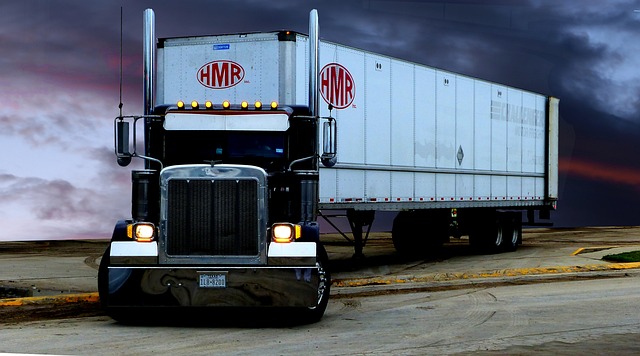Embarking on a career as a heavy goods vehicle (HGV) driver presents a diverse range of professional possibilities, featuring considerable financial rewards, job stability, and the opportunity to discover new places. Given such attractive benefits, it comes as no surprise that HGV jobs are gaining popularity among job seekers and often lead to questions such as, 'Where's an HGV training near me?'
However, ensuring the safety of HGV drivers and other road users is of utmost importance. Here are some vital safety tips for HGV operators to promote a secure driving environment:
Remain attentive and predict the intentions of other drivers
Driving an HGV is a demanding profession that carries significant responsibility. When you're in control of an HGV, you must prioritize the safety of yourself and others on the road. This requires unwavering attention to your surroundings and vigilance while driving.
Regularly scan the road, use your mirrors to assess the environment, and anticipate the actions of other drivers. This proactive approach will help you react more effectively to any potential hazards or sudden changes in traffic conditions. Before executing any maneuvers, such as turns or lane changes, ensure you have a clear understanding of the road situation. Keep distractions to a minimum by avoiding activities like using your phone, eating, or playing loud music. In case of emergencies, be prepared to execute appropriate safety measures to protect all parties involved.
Schedule breaks to combat fatigue
Driving while fatigued is a well-known risk, but many HGV drivers still fail to take the necessary precautions. It's essential for HGV operators to rest when they feel tired and ensure they are well-rested before beginning long journeys. Fatigue is particularly concerning for HGV drivers due to the vehicles' size and weight, which demand intense concentration for safe operation. Furthermore, HGV drivers often work long hours, including nighttime driving, making it even more difficult to stay alert and focused.
To reduce fatigue, drivers should plan their trips in advance, taking into account rest stops and places to sleep. Also, consider incorporating short breaks for stretching and walking to promote alertness and overall well-being during extended driving periods.
Properly secure and distribute cargo
It's crucial for HGV drivers to confirm that their loads are safely fastened and evenly distributed. Unstable loads can lead to dangerous situations, including diminished vehicle control, increased fuel consumption, and potential damage to axles or tires due to uneven weight distribution.
To verify that cargo is appropriately balanced, HGV operators should be thorough during the loading and unloading processes. Inspect the weight distribution of each item to prevent any complications while on the road. Additionally, drivers must be aware of their vehicle's maximum cargo capacity, which can be found in the manufacturer's guidelines or local regulations. It's also essential to regularly inspect and maintain cargo securing equipment, such as straps, chains, and ropes, to ensure they are in good working condition.
Maintain your vehicle in top condition
HGV drivers and their employers share the responsibility of ensuring that commercial vehicles are in optimal working order and properly maintained. Adequate vehicle maintenance is crucial not only for safe operation but also for avoiding costly repairs and minimizing downtime during long journeys.
Conduct routine maintenance checks before setting off on a trip, covering critical aspects such as oil and coolant levels, tire pressure and wear, brake fluid levels, the functionality of headlights and indicators, fuel tank and filter conditions, battery charge levels, and other pertinent vehicle components. Additionally, it's vital to maintain up-to-date records of these checks.
Regular servicing according to the manufacturer's recommendations is also essential. This ensures that any potential issues are identified and resolved before they escalate into significant problems that could compromise vehicle safety or result in costly repairs.
